 2,001
2,001
Most Useful
German Words Joseph W. Moser, Ph.D. DOVER PUBLICATIONS, INC.
Mineola, New York Copyright Copyright 2012 by Joseph W. Moser
All rights reserved. Bibliographical Note 2,001 Most Useful German Words is a new work, first published by
Dover Publications, Inc., in 2012. International Standard Book Number ISBN-13: 978-0-486-47626-1
ISBN-10: 0-486-47626-X Manufactured in the United States by Courier Corporation
47626X01
www.doverpublications.com Contents This book contains over 2,000 useful German words intended to help beginners and intermediate speakers of German acquaint themselves with the most common and frequently used German vocabulary.
Travelers to German-speaking Europe will also find this book useful, as it introduces many words they will encounter while in Austria, Germany, Switzerland, and other German-speaking regions. The reader can either go through the book alphabetically or skim here and there and enjoy picking up new German words and phrases. Unlike English, German nouns are divided into three genders: masculine, feminine, and neuter. Nouns in this book are followed by the abbreviations m., f., and n. to designate the gender. The plural ending for each noun follows in parenthesis, unless the stem-vowel changes in the plural form, in which case the reader will find the entire plural noun form in parenthesis.
If the noun only exists in a plural form, the abbreviation pl. will follow the word. No reference to a plural form signifies that the singular and plural forms are identical; note that the article changes to die for all plural words. All German nouns are capitalized no matter where they are placed within a sentence. German word order allows for emphasized items in a sentence to be placed first. Only the verb has a required word order position as the second element in any sentence, therefore the reader will find that the word order in many of the German sentences differs from English, which requires the subject-verb word order in most sentences.
The first section of the book provides German words along with the English translation as well as a German sentence using each word followed by the English translation of the sentence. The second part of the book lists common words by categories and includes a brief primer on German grammar. English and German are related Germanic languages, thus many of the high-frequency English words of Anglo-Saxon origin are similar to their German equivalents. The second part of the book also shows examples of cognates and words that are almost identical. When English speakers learn German, they should keep in mind that identifying similarities between the two languages will accelerate language acquisition. German and English grammars are also related, however, German retained many complex features that no longer exist in English, such as noun gender and case declentions.
Many of the example sentences are simple in order to allow the reader to quickly understand the context. Please note that many of the words have additional meanings, and thus the emphasis of this book is on the most common usages of a word. Of course, several of the words listed may also have other meanings in different contexts. German is the most widely spoken language in the European Union and, with around 100 million speakers, is the native language of more Europeans than English, French, Italian, or Spanish. Given the economic strength of Germany, Austria, and Switzerland, many important companies across the world are operated by native German speakers, adding to the international significance of the language. The standard version of German is High German, or Hochdeutsch , which is the only accepted written form of modern German.
Spoken German, however, differs regionally from the standard written form. There are many regional dialects, and it can be a lot of fun to pick up one of these dialects after spending an extended period of time in a particular region. Of course, High German is understood everywhere in German-speaking Europe, and in some areas of Western Germany, dialects have even been in decline. Regardless, dialects still remain strong in Austria, Switzerland, Luxembourg, Liechtenstein, and among German minorities living in other European countries such as Alsace and Lorraine in France as well as South Tyrol in Italy. German words are spelled more phonetically and systematically than English words, thus it is fairly easy to read and pronounce German words correctly. Vowels Vowels in German have the following sounds:
Consonants Many German consonants are similar to those in English except for:
| g | always hard, as in the English word go |
| j | sounds like an English y |
| l | brief and not as drawn out as in English |
| r | rolled, similar to r in Spanish; in Northern Germany it comes from the back of the tongue/throat |
| s | sounds like an English z |
| v | sounds like an English f when at the start of a word |
| w | sounds like an English v |
| z | pronounced like ts in English |
Diphthongs
| au | ow |
| ch | non-existent in English; a guttural sound where the air passes over the tongue |
| ck | pronounced like a strong k |
| ei | i |
| eu | oi |
| ie | a long ee |
Special German letters
| also knows as Eszett in German, sounds like a strong s in English |
| similar to a German e or an English eh |
| non-existent in English, sounds closest to ur with rounded lips |
| non-existent in English, sounds closest to ee-ew with rounded lips |
A ab down, off, starting from Ab heute kostet das Benzin wieder mehr.
Starting today, the price of gasoline is going up again. Abend(-e) m. evening Am Abend geht Markus mit Freunden ins Kino. In the evening, Markus goes to the movies with friends. Abendessen n. dinner Zum Abendessen fahren wir heute ins Gasthaus.
Today we are going to a restaurant for dinner. Abenteuer n. adventure Unsere Reise um die ganze Welt war fr uns ein groes Abenteuer. Our trip around the world was a big adventure for us. aber but Vielen Dank fr das Angebot, aber das kann ich mir nicht leisten. Thanks for the offer, but I cant afford it.
Abfahrt(-en) f. ground vehicle departure Die Abfahrt des Intercity-Zuges nach Linz versptet sich um 20 Minuten. The departure of the intercity train to Linz will be delayed by twenty minutes. Abflug(Abflge) m. airplane departure Alle Abflge innerhalb Europas gehen vom Terminal C am Wiener Flughafen ab. abholen to pick up Die Mutter holt die Kinder von der Schule ab. abholen to pick up Die Mutter holt die Kinder von der Schule ab.
The mother is picking up her children from school. Abitur n. high school final exam in Germany Wenn man das Abitur erfolgreich besteht, darf man in Deutschland studieren. If you succesfully pass the high school final exam, you may study in Germany. abkhlen to cool off An einem heien Sommertag kann man sich mit einem Eis abkhlen. abmessen to measure Ich kenne meine Schuhgre nicht, also muss ich meinen Fu abmessen. abmessen to measure Ich kenne meine Schuhgre nicht, also muss ich meinen Fu abmessen.
I dont know my shoe size, so I will need to measure my foot. abnehmen to lose weight Peter ist sehr glcklich, denn er hat mit seiner Dit 25 Kilo abgenommen. Peter is very happy because he lost twenty-five kilos on his diet. abschalten to turn off Hier ist es sehr hell, also werde ich das Licht abschalten. It is very bright in here, so I will turn off the light. farewell, goodbye Der Abschied tut oft weh. farewell, goodbye Der Abschied tut oft weh.
Next page


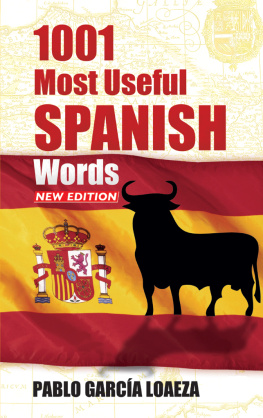

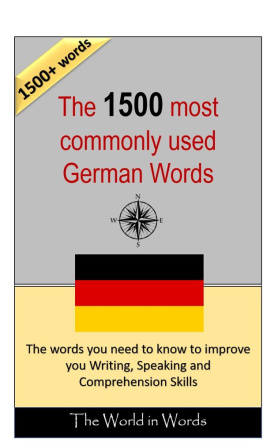
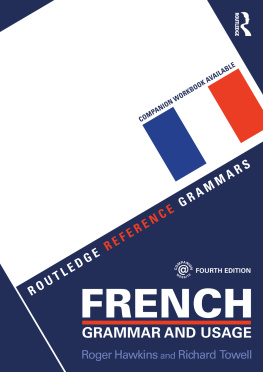
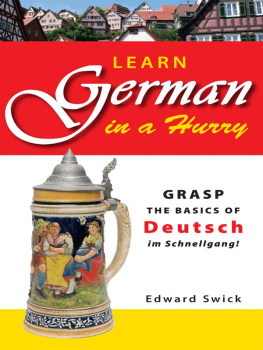


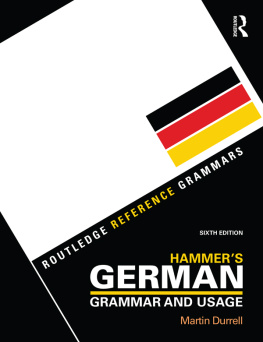

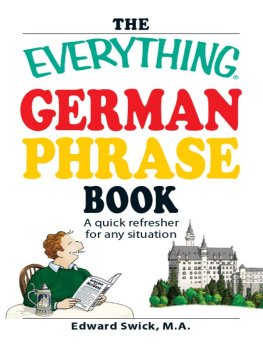
 2,001
2,001